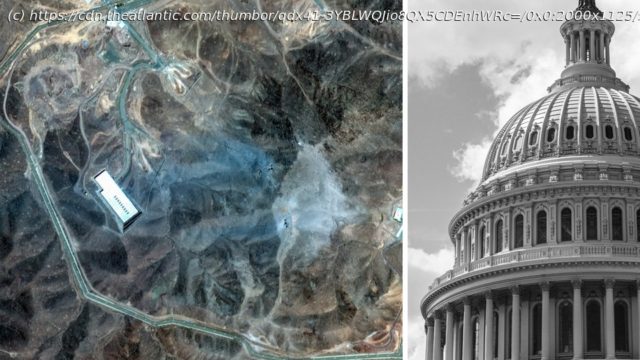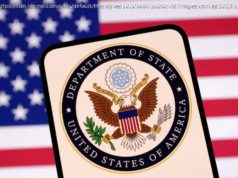Unilateral action by the president deprives citizens of the ability to hold their representatives accountable in the years to come.
Before Donald Trump ordered the bombing of nuclear sites in Iran, he was warned that, to quote Representative Thomas Massie of Kentucky, the Constitution does not permit the president “to unilaterally commit an act of war” against a nation that hasn’t first struck America. After the attack, Senator Chris Van Hollen of Maryland declared Trump’s actions “a clear violation of our Constitution—ignoring the requirement that only the Congress has the authority to declare war.” Representative Alexandria Ocasio-Cortez of New York stated, “It is absolutely and clearly grounds for impeachment.”
The judgment that neither the Constitution; nor the War Powers Resolution, a 1973 law meant to clarify and limit when the president can wage war; nor any bygone authorization to use military force, such as the one passed after 9/11, permitted the attack is one I share. But I don’t just lament the dearth of a congressional vote out of concern for constitutional law. I also fear that bypassing Congress weakens American democracy.
Recall the last time that the United States began a war this consequential: George W. Bush’s invasion of Iraq. Prior to invading, on October 10, 2002, Bush secured an authorization to use military force from Congress by wide margins in both chambers.
Even though the Iraq invasion was a mistake—something I have long believed—American democracy was better off for those votes, and not just because the Constitution assigns the war power to Congress.






